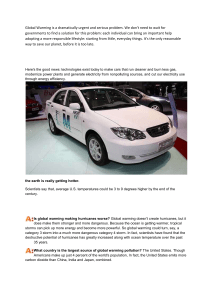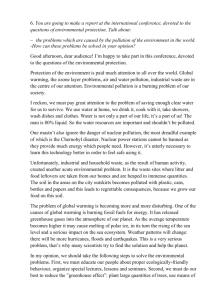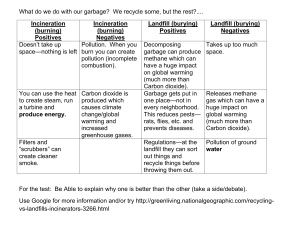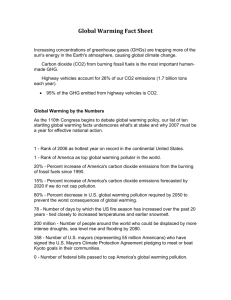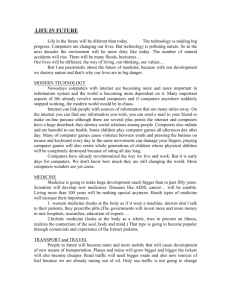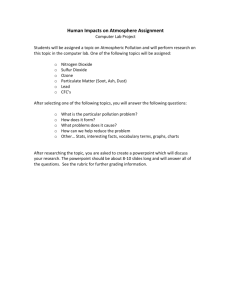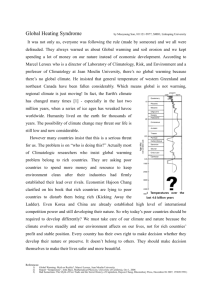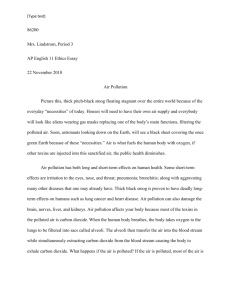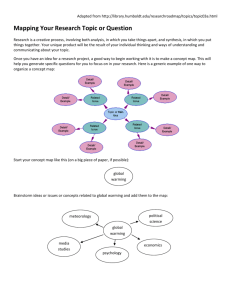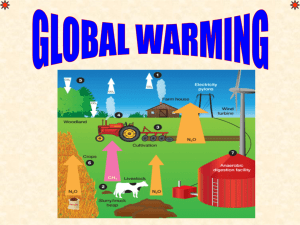Match the question with the answer. Only 5 out of 6 paragraphs have
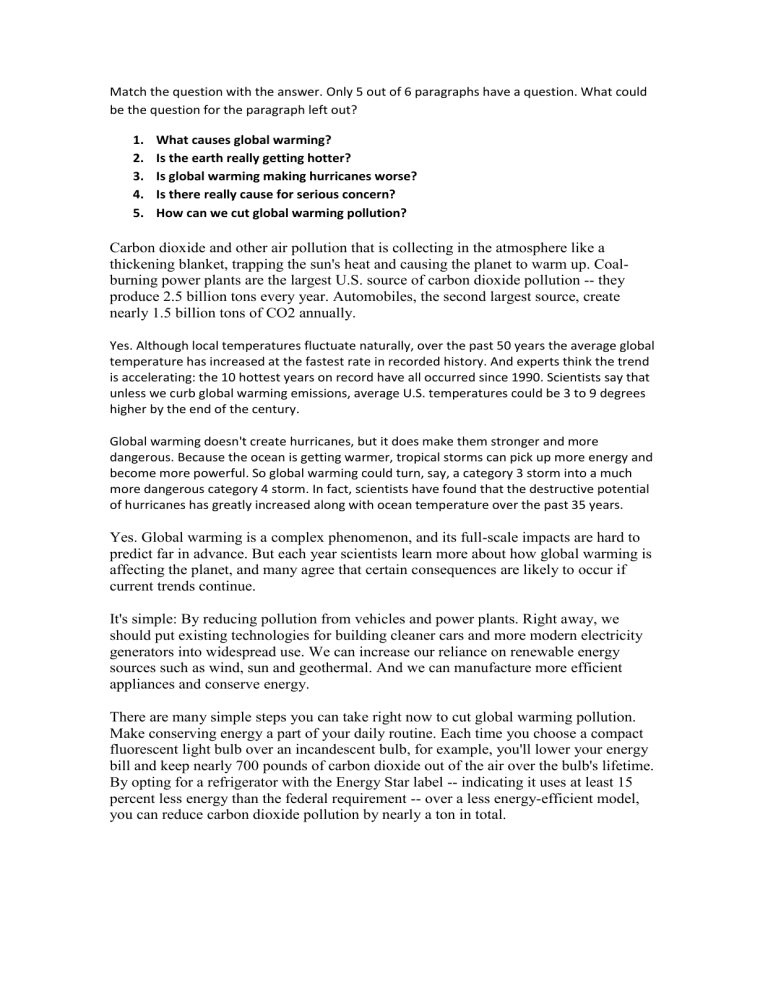
Match the question with the answer. Only 5 out of 6 paragraphs have a question. What could be the question for the paragraph left out?
1.
What causes global warming?
2.
Is the earth really getting hotter?
3.
Is global warming making hurricanes worse?
4.
Is there really cause for serious concern?
5.
How can we cut global warming pollution?
Carbon dioxide and other air pollution that is collecting in the atmosphere like a thickening blanket, trapping the sun's heat and causing the planet to warm up. Coalburning power plants are the largest U.S. source of carbon dioxide pollution -- they produce 2.5 billion tons every year. Automobiles, the second largest source, create nearly 1.5 billion tons of CO2 annually.
Yes. Although local temperatures fluctuate naturally, over the past 50 years the average global temperature has increased at the fastest rate in recorded history. And experts think the trend is accelerating: the 10 hottest years on record have all occurred since 1990. Scientists say that unless we curb global warming emissions, average U.S. temperatures could be 3 to 9 degrees higher by the end of the century.
Global warming doesn't create hurricanes, but it does make them stronger and more dangerous. Because the ocean is getting warmer, tropical storms can pick up more energy and become more powerful. So global warming could turn, say, a category 3 storm into a much more dangerous category 4 storm. In fact, scientists have found that the destructive potential of hurricanes has greatly increased along with ocean temperature over the past 35 years.
Yes. Global warming is a complex phenomenon, and its full-scale impacts are hard to predict far in advance. But each year scientists learn more about how global warming is affecting the planet, and many agree that certain consequences are likely to occur if current trends continue.
It's simple: By reducing pollution from vehicles and power plants. Right away, we should put existing technologies for building cleaner cars and more modern electricity generators into widespread use. We can increase our reliance on renewable energy sources such as wind, sun and geothermal. And we can manufacture more efficient appliances and conserve energy.
There are many simple steps you can take right now to cut global warming pollution.
Make conserving energy a part of your daily routine. Each time you choose a compact fluorescent light bulb over an incandescent bulb, for example, you'll lower your energy bill and keep nearly 700 pounds of carbon dioxide out of the air over the bulb's lifetime.
By opting for a refrigerator with the Energy Star label -- indicating it uses at least 15 percent less energy than the federal requirement -- over a less energy-efficient model, you can reduce carbon dioxide pollution by nearly a ton in total.
